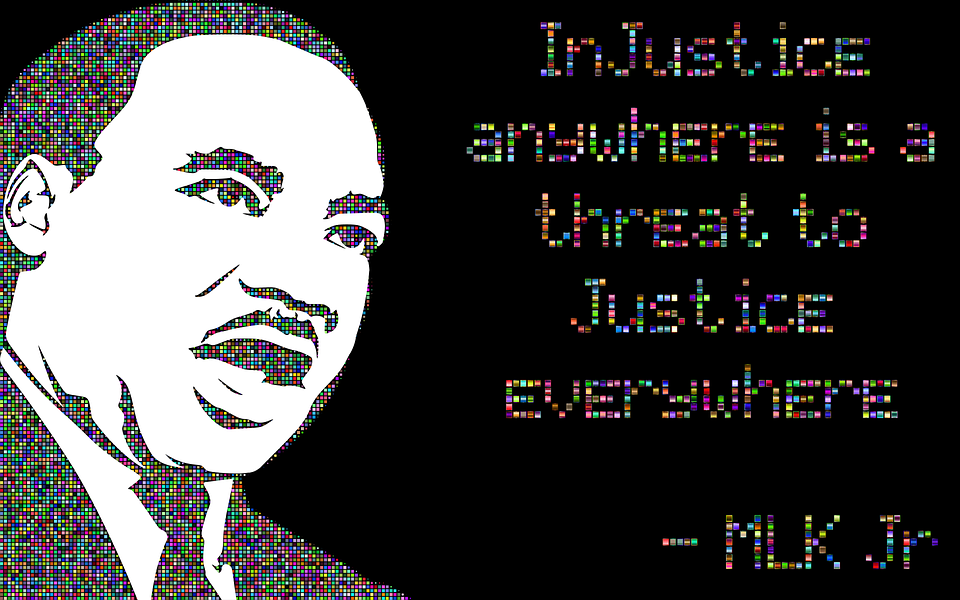Racial discrimination remains a pervasive issue that affects various facets of society, particularly in business and politics. This semi-formal article explores the multifaceted impacts of racial discrimination, examining its effects on economic performance, organizational culture, and political representation, while highlighting the importance of equity and inclusivity in fostering a healthier society.
Understanding Racial Discrimination
Racial discrimination refers to the unfair treatment of individuals based on their race or ethnicity. This can manifest in various ways, including biases in hiring practices, workplace environments, policy-making, and access to resources. The consequences of such discrimination extend beyond individual experiences, impacting entire organizations and communities.
Effects in Business
1. Economic Disparities
Racial discrimination can lead to significant economic disparities within and between communities. For instance, minority-owned businesses often face barriers such as limited access to capital, resulting in lower rates of entrepreneurship and business growth compared to their white counterparts. According to a report by the U.S. Small Business Administration, Black entrepreneurs are significantly less likely to receive loans than white entrepreneurs, which hampers their ability to compete in the marketplace.
2. Workplace Culture and Morale
Discrimination in the workplace can create a toxic culture, affecting employee morale and productivity. Employees who experience or witness racial discrimination may feel marginalized, leading to decreased job satisfaction and increased turnover rates. A study by McKinsey & Company found that organizations with inclusive cultures perform better, highlighting that diversity can drive innovation and improve financial performance.
3. Reputational Risks
Companies that fail to address racial discrimination may face reputational damage, impacting their brand and customer loyalty. Consumers today are increasingly aware of social justice issues and often prefer to support businesses that demonstrate a commitment to diversity and inclusion. Negative publicity related to discrimination can lead to boycotts and loss of market share.
4. Talent Acquisition and Retention
Racial discrimination can hinder an organization’s ability to attract and retain top talent. A diverse workforce is crucial for fostering creativity and innovation, yet discriminatory practices deter talented individuals from applying or remaining in organizations. Companies that prioritize inclusivity and equitable hiring practices are better positioned to build strong teams and achieve long-term success.
Effects in Politics
1. Underrepresentation
Racial discrimination contributes to the underrepresentation of minorities in political positions. Systemic barriers, such as voter suppression tactics and gerrymandering, disproportionately affect minority communities, limiting their political power and voice. This lack of representation perpetuates policies that may not address the needs and concerns of diverse populations.
2. Policy Implications
The effects of racial discrimination in politics extend to policy-making. When minority groups are underrepresented, their perspectives and experiences are often overlooked in legislative processes. This can result in policies that do not adequately address issues such as healthcare, education, and criminal justice reform, further entrenching systemic inequalities.
3. Social Division and Polarization
Racial discrimination in politics can exacerbate social division and polarization. Political rhetoric that marginalizes certain racial or ethnic groups can incite tensions and create an “us versus them” mentality. This divisiveness undermines social cohesion and makes it challenging to build consensus on critical issues affecting society as a whole.

4. Public Trust in Institutions
Persistent racial discrimination can erode public trust in political institutions. When marginalized communities feel that their voices are not heard or respected, they may disengage from the political process. This disenfranchisement leads to lower voter turnout and diminished civic participation, perpetuating cycles of inequality and disenfranchisement.
The Path Forward
Addressing racial discrimination requires a concerted effort from both the business and political sectors. Here are some strategies to foster equity and inclusivity:
1. Diversity and Inclusion Initiatives
Businesses should implement diversity and inclusion initiatives aimed at creating equitable workplaces. This includes equitable hiring practices, ongoing training on unconscious bias, and fostering an inclusive company culture.
2. Policy Reform
Political leaders must advocate for policies that promote equity and representation. This includes reforming voting laws to protect against voter suppression and ensuring that diverse voices are included in policy discussions.
3. Community Engagement
Both businesses and political entities should engage with diverse communities to understand their needs and perspectives. Building partnerships with community organizations can help address systemic barriers and promote social justice.
4. Accountability and Transparency
Organizations should hold themselves accountable for their diversity and inclusion efforts. Regularly reporting on diversity metrics and engaging in transparent dialogues about progress can foster trust and demonstrate a genuine commitment to change.
Conclusion
The impact of racial discrimination in business and politics is profound, affecting economic performance, workplace culture, and political representation. By recognizing and addressing these issues, we can work towards a more equitable and inclusive society. Efforts to combat racial discrimination not only benefit marginalized communities but also enhance overall organizational effectiveness and social cohesion, ultimately leading to a stronger, more just society for all.



